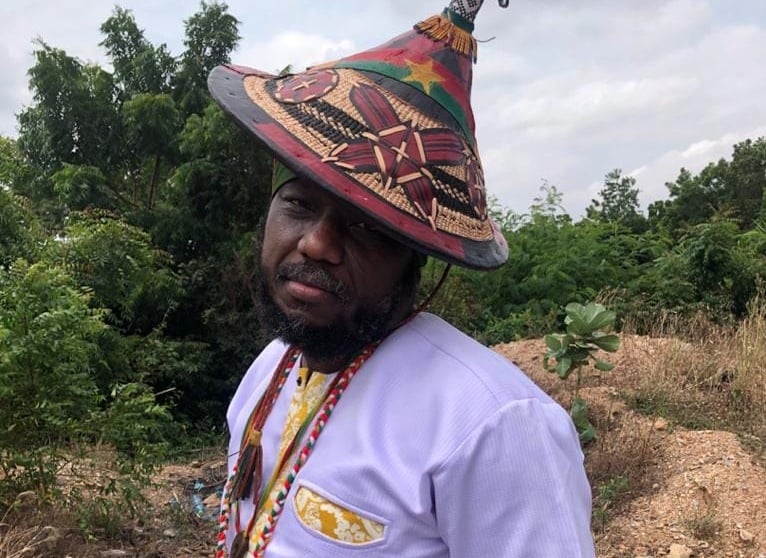Blakk Rasta’s impassioned critique of Ghana’s galamsey crisis highlights the devastating environmental and social consequences of illegal mining, emphasizing the urgent need for decisive government action. He condemns the cynical manipulation of galamsey by politicians, who exploit it as a tool for electoral gain, rewarding their supporters with the opportunity to plunder natural resources at the expense of the nation’s well-being. This practice not only devastates the environment but also undermines the rule of law and fuels corruption, eroding public trust in the government’s ability to protect its citizens.
The musician and activist’s frustration stems from the government’s perceived inaction and empty rhetoric. He argues that the constant stream of statements and pronouncements from political leaders without concrete measures to combat galamsey is a betrayal of the public trust. He sees this inaction as a form of complicity, allowing the destructive practice to continue unabated, further enriching a few while jeopardizing the future of the entire nation. This disconnect between words and deeds fuels public cynicism and reinforces the perception that political leaders are more concerned with self-preservation and maintaining power than with addressing the real issues facing the country.
Blakk Rasta’s concerns extend beyond the immediate environmental damage. He paints a grim picture of a nation on the brink of ecological disaster, where polluted water bodies pose a severe threat to public health and the long-term sustainability of Ghana’s resources. He equates the government’s inaction to a slow, insidious form of national suicide, where the pursuit of short-term political gains is sacrificing the future of generations to come. The contaminated water sources, the ravaged landscapes, and the compromised ecosystems are not merely environmental issues; they are existential threats that jeopardize the very foundation of the nation’s well-being.
The activist’s pointed questions about the government’s ability to apprehend “petty criminals” while seemingly powerless against powerful galamsey operators expose a perceived double standard in law enforcement. This apparent selective application of justice raises questions about the influence of money and political connections in shielding those responsible for the large-scale destruction caused by illegal mining. The contrast between the swift action taken against minor offenders and the perceived leniency towards galamsey kingpins fuels public suspicion and reinforces the belief that corruption and impunity are at the heart of the problem.
Blakk Rasta’s call for “harsh enforcement” and immediate action underscores the severity of the crisis and the urgent need for a comprehensive and decisive response. He advocates for a multi-pronged approach that includes not only stricter law enforcement but also addressing the underlying socio-economic factors that contribute to galamsey. This would involve creating alternative livelihood opportunities for those involved in illegal mining, strengthening environmental regulations, and increasing public awareness about the devastating consequences of this practice. Furthermore, he emphasizes the need for transparency and accountability in the mining sector to ensure that resources are managed responsibly and for the benefit of all Ghanaians.
Ultimately, Blakk Rasta’s impassioned plea is a call for responsible governance and a commitment to protecting the nation’s natural heritage. He challenges the government to move beyond rhetoric and take concrete action to combat galamsey, not just for the present but for the future generations who will inherit the consequences of today’s choices. His message resonates with a growing sense of urgency and frustration among Ghanaians who are demanding an end to the environmental destruction and the corruption that fuels it. The galamsey crisis, as Blakk Rasta so powerfully articulates, is not just an environmental issue; it is a fundamental test of Ghana’s commitment to sustainable development, good governance, and the well-being of its people.


